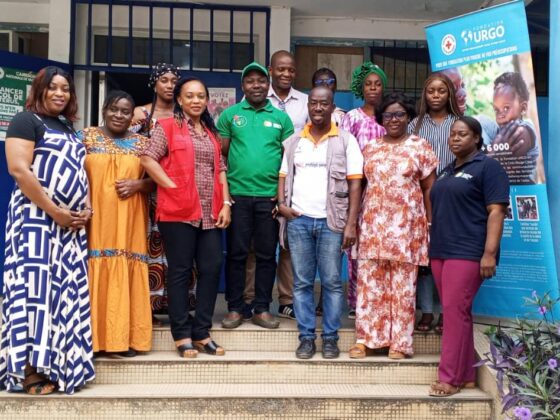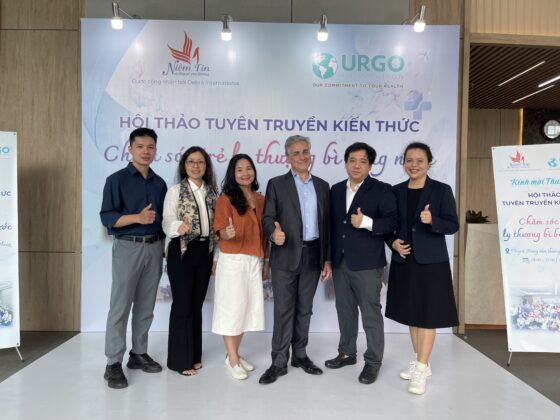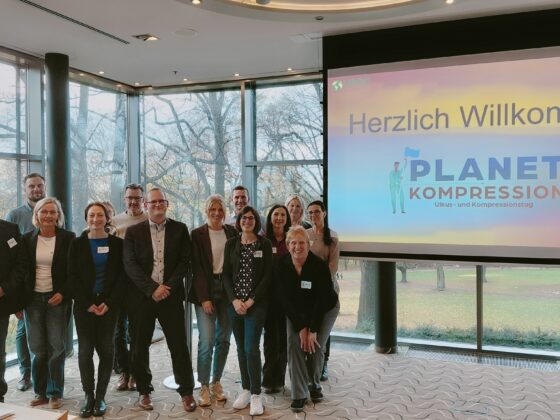Menopause represents one of the most significant—and often underestimated—milestones in a woman’s life. It is not a one-size-fits-all phenomenon, but rather a transition that can take many different forms. Each woman’s experience is unique, bringing with it physical, psychological, relational, and social implications.
It is precisely from this awareness that the event “The Different ‘Forms’ of Menopause” was born, held in Bologna on July 4, 2025, with the aim of promoting an open and up-to-date dialogue on the topic.
The conference, sponsored by the URGO Foundation under the patronage of SINut (Italian Society of Nutraceuticals), brought together physicians from various specialties in a multidisciplinary exchange that focused both on the clinical aspects of menopause—such as metabolic, urological, cardiovascular, and hormonal implications—and on women’s overall quality of life.
The event aimed to provide specialists with practical tools to approach this phase of life with greater awareness, promoting a culture of women’s health that is more attentive, inclusive, and respectful of individual differences.
The day opened with a reflection on new perspectives in the treatment of climacteric disorders, presented by Prof. G. Scapagnini (Vice President of SINut), who emphasized the importance of a personalized and multidisciplinary approach. Next, Prof. A. Cicero (President of SINut) addressed the cardiometabolic risks associated with menopause, highlighting the crucial role of prevention. Dr. S. Alfieri (gynecologist) then drew attention to often-overlooked cardiovascular symptoms, while Dr. L. Sgro (gynecologist) analyzed the connections between metabolic syndrome and oncological risk.
The second part of the conference explored the impact of menopause on the urinary tract. Dr. E. Russo (urogynecologist) opened the session with a discussion on female urological health, followed by Dr. D. Marchiori (urologist), who outlined the changes in UTI risk from premenopause to menopause.
The morning concluded with a session led by Dr. D. Tiso (nutritionist), focused on the presentation and discussion of clinical cases, offering participants the opportunity to exchange views on real-life experiences and therapeutic strategies.
“The Different Forms of Menopause” proved to be a much-needed event for updating healthcare professionals and fostering the understanding that menopause is not a uniform experience for all women. For this reason, it is essential to adopt an integrated, multidisciplinary approach involving various healthcare professionals to provide a comprehensive and personalized assessment. This type of approach not only helps manage symptoms but also prevents long-term complications, placing women’s health and quality of life at the center.




